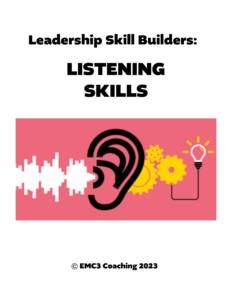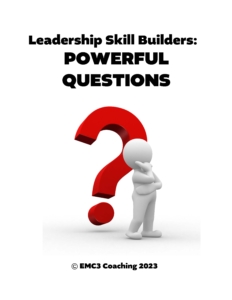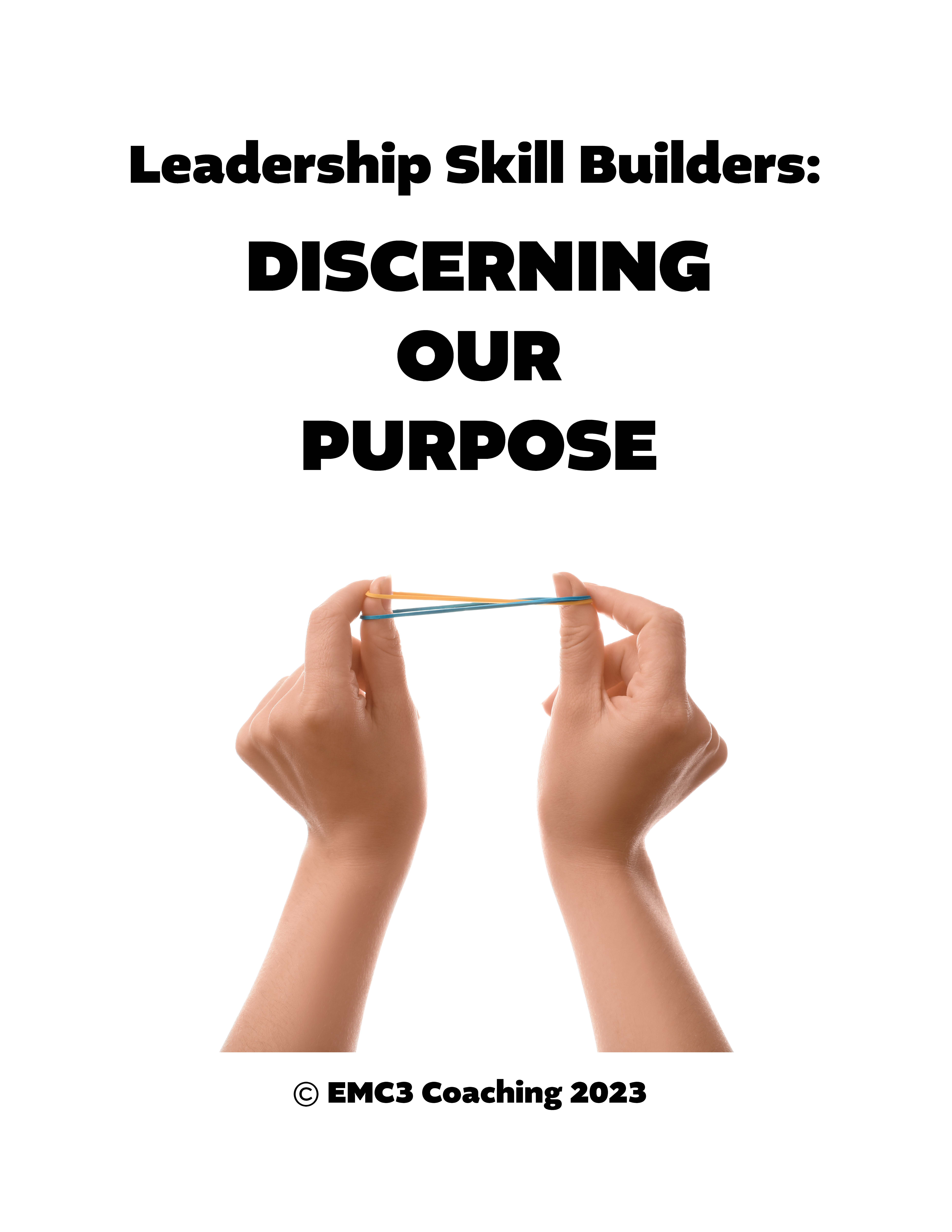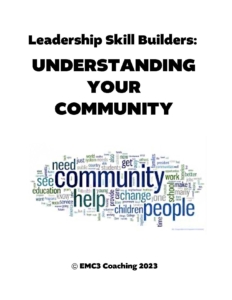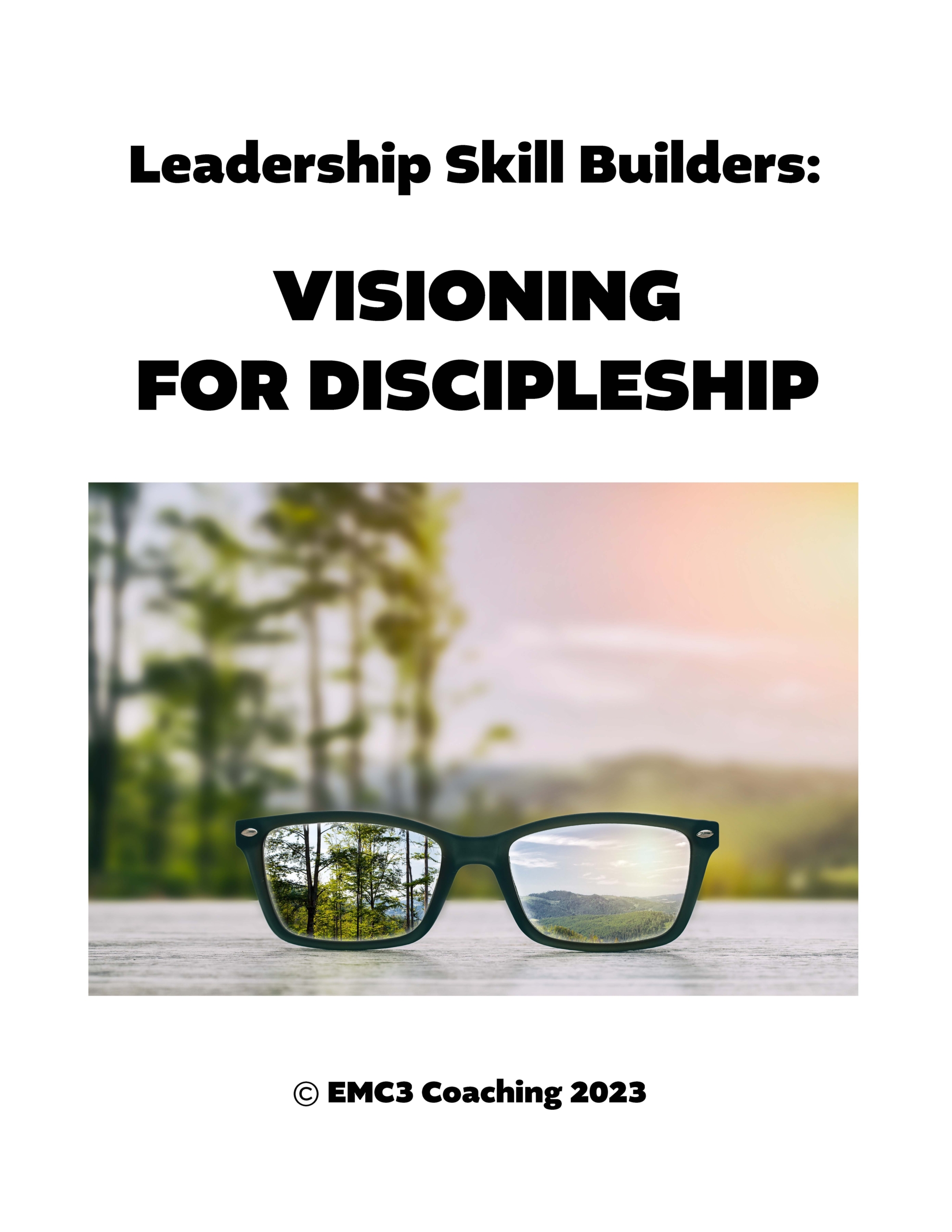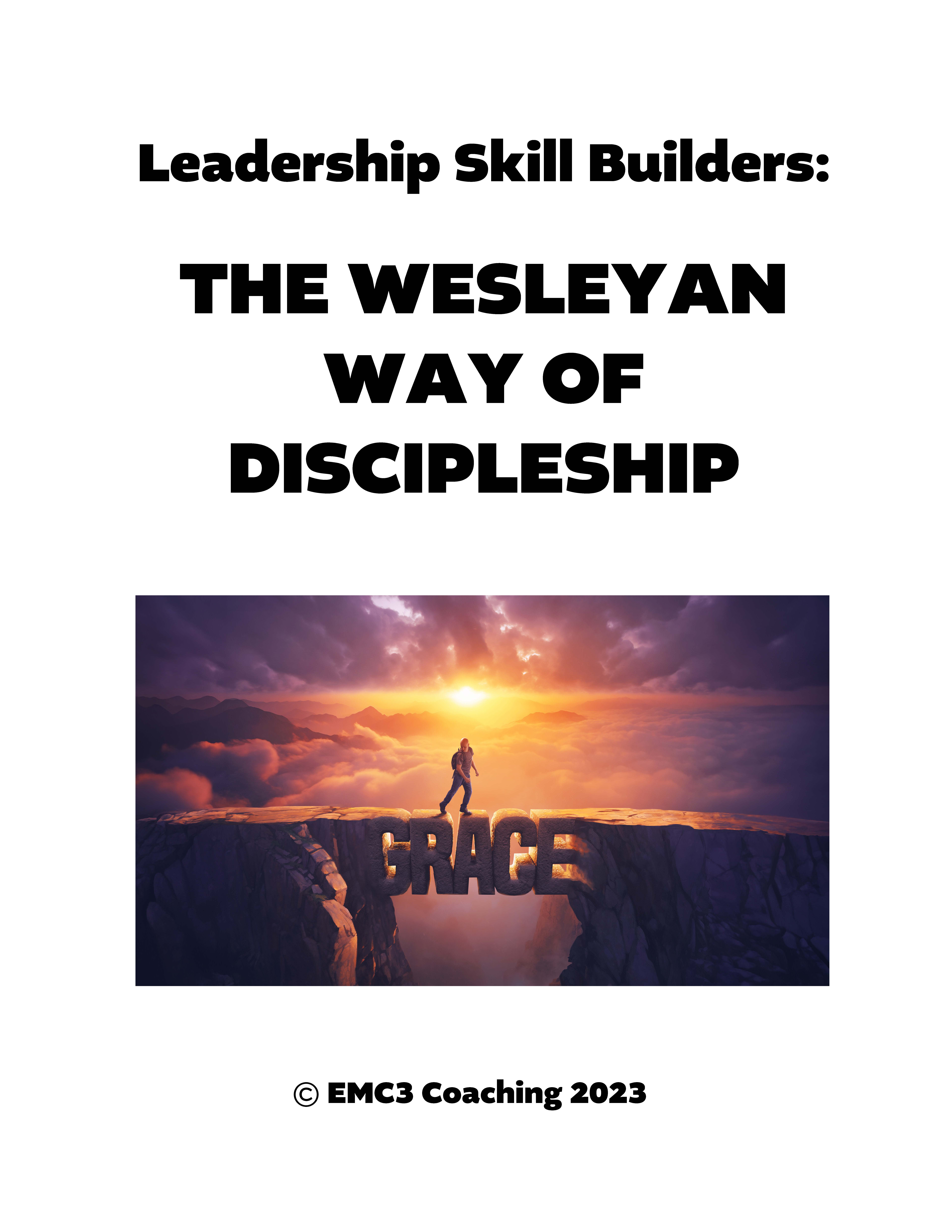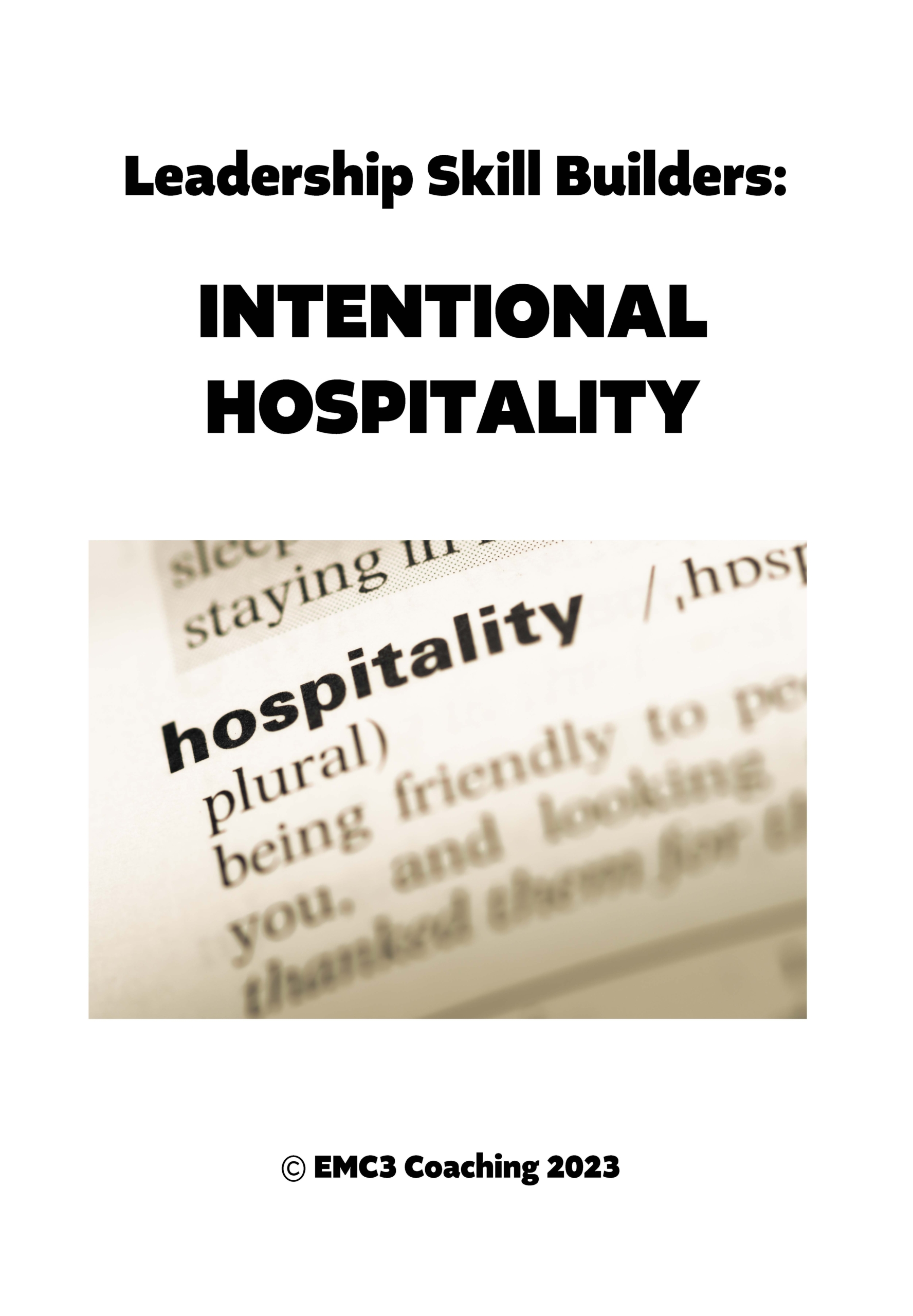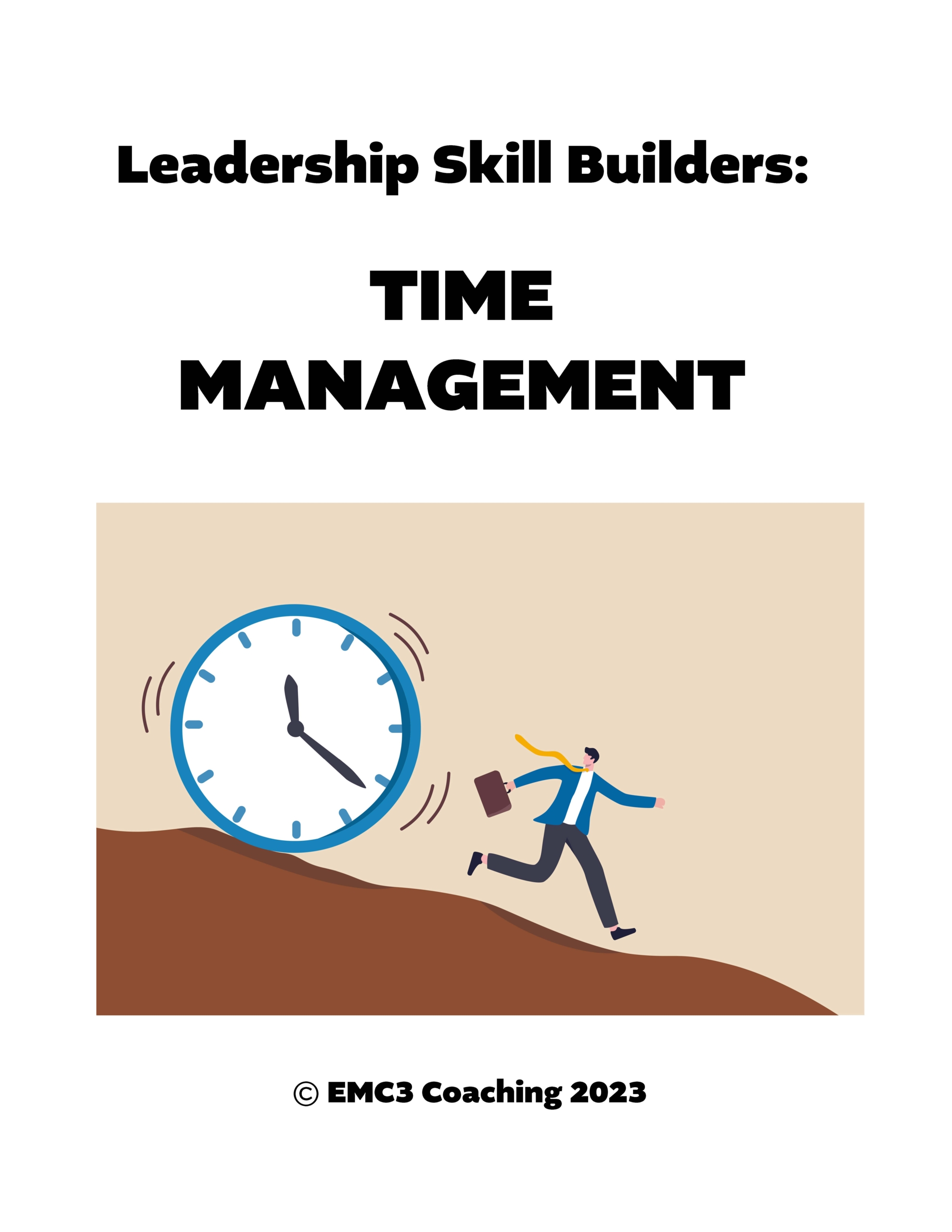Coaching/Relational Skills
As disciples we are called not just to know about the love of Jesus but to practice it. We demonstrate that love in the ways we behave.
Behavioral Covenants are a tool to help our leadership teams, our committees, our small groups, our mission/service teams, and even our congregations to live into our calling as disciples of Jesus engaged in Kingdom work.
 Constructive feedback is an opportunity to acknowledge insights, perspectives and interpretations. It is also an opportunity to invite those we are in conversation with to consider that there may be an insight, perspective, or interpretation that could also be true and that might bring new understandings that are transformative and life-giving and helpful in moving toward a stated goal.
Constructive feedback is an opportunity to acknowledge insights, perspectives and interpretations. It is also an opportunity to invite those we are in conversation with to consider that there may be an insight, perspective, or interpretation that could also be true and that might bring new understandings that are transformative and life-giving and helpful in moving toward a stated goal.
Discernment
There has always been a tension between caring for our own and caring for the world. The scripture verse from Micah 6:8 takes us all the way back to ancient Israel “What does the Lord require? To seek justice, love mercy and walk humbly with our God.”
The Methodist movement launched by John Wesley sought to balance these tensions with a dual emphasis including both Personal Holiness and Social Justice. This Skill Builder helps you explore how you, and your congregation, live into your God-given purpose.
Most of us go to the doctor every year or so for a check up. The first thing that usually happens is that someone takes our vital signs – our blood
pressure, temperature, pulse, respirations, blood oxygen level. The reason
these measurements are called vital is that they are all indicators of our health.In much the same way congregations are encouraged to take stock of the health of the congregation regularly. Annual Conferences all require that local congregation track some key measurements as indicators of health.
This Skill Builder helps you identify the health of your congregation in several key areas.
It’s a fact. Leaders set the tone for the development of the congregation. And the sequel is that members of the congregation know the level of development of their leaders. Where the leader goes, the people will follow.
This unit is focused on the level of personal development of the leader – administrative team, pastor, teacher, small group leader, mission team leader. We begin with 6 dimensions of growth toward maturity followed by an Inventory to help the leader assess opportunities for growth.
While this is a good start and may be helpful in getting people connected with ways to serve both inside and outside of the church it falls short of recognizing the many ways that God prepares us for the Kingdom work. This Skill Builder will help you discern your SHAPE.
Discipleship
 Are you going on to perfection?
Are you going on to perfection?
The point is not what we have already achieved but what it is we are moving toward. That is the essence of a Discipleship Pathway. A vision is cast for the life God intends for us and stepping stones arranged for us to follow, leading us toward that final calling or destination.
 You don’t become a growing, maturing disciple of Jesus by reading a book or attending a class anymore than you become a proficient swimmer without getting in the water or soccer player without kicking the ball around or baseball player without practicing catching, throwing and batting.
You don’t become a growing, maturing disciple of Jesus by reading a book or attending a class anymore than you become a proficient swimmer without getting in the water or soccer player without kicking the ball around or baseball player without practicing catching, throwing and batting.
This unit explores effective discipling relationships, and helps you determine how your congregation currently handles several areas of focus as well as a plan for growth.
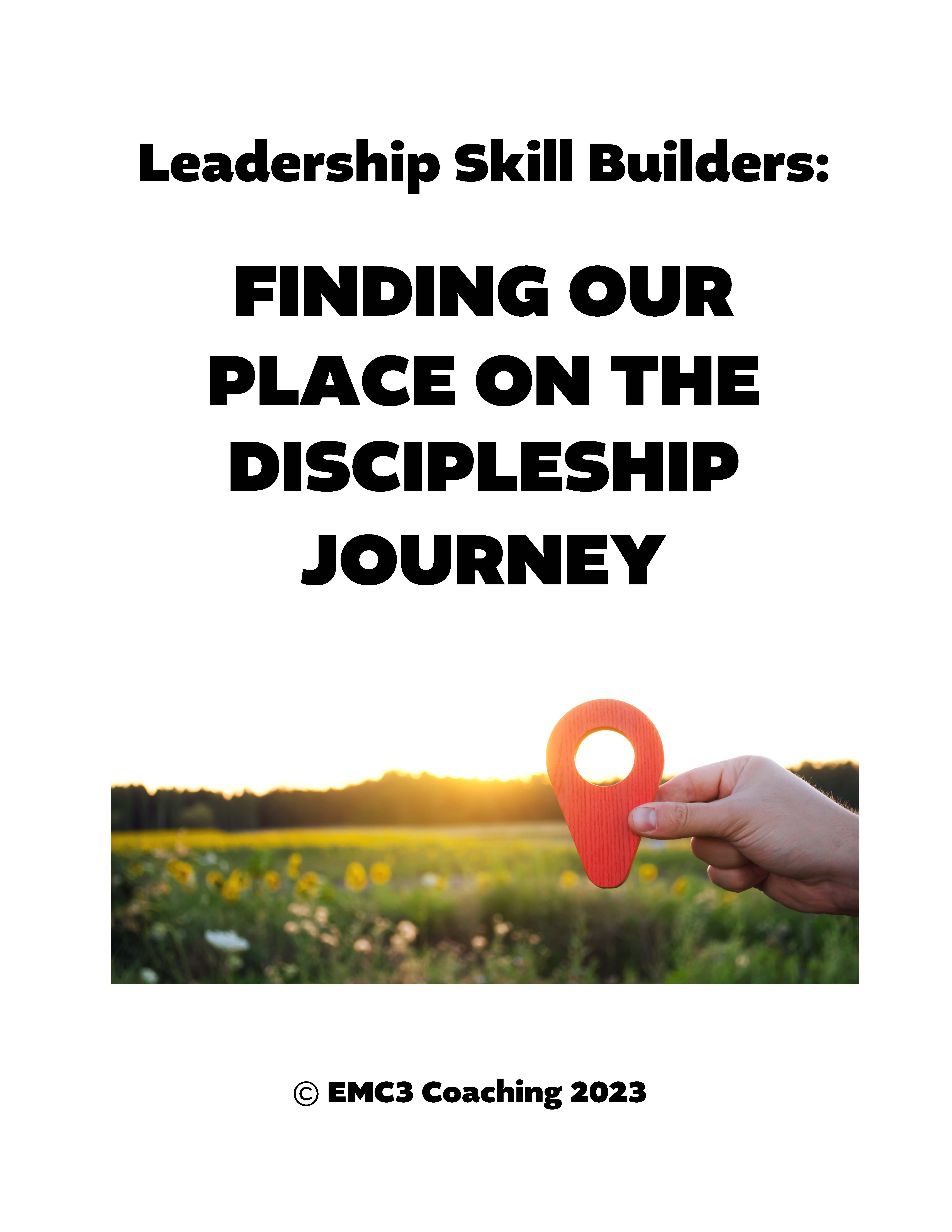 Where do you find yourself on your discipleship journey? Are you Exploring? Beginning? Growing? Maturing? What specific transitions should you expect? What supports are needed?
Where do you find yourself on your discipleship journey? Are you Exploring? Beginning? Growing? Maturing? What specific transitions should you expect? What supports are needed?
This module includes a template which provides a sample for developing the elements of a discipleship pathway, with examples of ways to support growth. What does your congregation offer to support the specific transitions at each phase?
A Discipleship Pathway refers to the steps in a process encouraging the disciple to experience the transforming grace of God that moves us toward a life where we reflect the lifestyle modeled by Jesus and taught by Scripture.
A Discipleship System refers to the support functions of all areas of ministry in the development of growing maturing disciples. The focus of this unit is the development of a Discipleship System.
Deep down inside of us we know that the church is called to impact the community around the church. Our Mission Statement in the United Methodist Church keeps this idea in the forefront reminding us that we exist to “Make disciples of Jesus for the transformation of the world”.
At the very heart of the Methodist movement has always been a very intentional focus on growing maturing disciples of Jesus. Starting with the Holy Clubs at Oxford and continuing with the development of Classes, Bands and Societies, Methodists united to encourage each other, confess their sins, pray for each other and hold one another accountable for their progress in the faith.
So, what does this system look like and why did it work so well? Let’s start at the heart of the Wesleyan Way: Grace
Hospitality
We’ve heard it hundreds of times: “We’re such a friendly church.” As has been written in other settings, we have never encountered a congregation that admitted they were not a friendly church. But just saying it is friendly does not make it so!
The goal of a hospitality system is to extend to others the warm welcome that we have received through God’s hospitality. This unit explores components of an effective hospitality system, and tips for development in your context.
Whether or not someone who is a guest at your worship experience returns for a second time or becomes a regular contributing participant in your ministry is largely determined by the experience that person has as your guest and how your congregation engages them following their time with you.
This leadership unit will focus on the ‘follow-up’ with your guests.
Incarnational Hospitality refers to the personal relationships built by members of the congregation with those beyond the church in order to be the presence of Christ in their lives and help them discover God’s love for themselves.
Intentional Hospitality refers to the practices of members and the congregation in making relational connections with people they don’t know.
The experience of Intentional Hospitality begins upon the guest’s arrival in the parking lot and continues through their departure. This unit explores many of these opportunities, and provides a means to assess your Intentional Hospitality and enhance it with practical suggestions.
The idea of developing authentic, inclusive, and transforming relationships should not be a stretch for the church since we are a relational faith – called to be in relationship with our God and with one another.
Interpersonal Hospitality refers to the level and quality of relational connections within the congregation. This dimension of hospitality reminds us of the value experienced and the support needed through the congregation to create this sense of community.
Invitational hospitality refers to the connections made through the congregation with people they don’t know who are out in the community.
The engagement of the church in the local community provides opportunities for people to discover God’s love for them and become an expression of love to others. This unit explores ways to strengthen this aspect of your hospitality system.
Management Skills
 Change is inevitable. And that’s not a bad thing. It is a sign of growth!
Change is inevitable. And that’s not a bad thing. It is a sign of growth!
But change can be hard. What used to work no longer does. No matter how comfortable we were with the things that used to work we either “Change or Die” to quote the title of a book by Alan Duetschman. So the question becomes how to lead change in the most fruitful and least destructive way possible.
 A leader delegates rather than doing all that has to be done for the ministry to be successful. This goes for the pastor who might feel responsible for preaching all the messages, coordinating all the fellowship events, teaching all the Bible studies, making the coffee for worship hospitality, visiting all the sick and shut-in from the congregation, leading service/mission teams and the multitude of other tasks that they may feel that people expect them to perform.
A leader delegates rather than doing all that has to be done for the ministry to be successful. This goes for the pastor who might feel responsible for preaching all the messages, coordinating all the fellowship events, teaching all the Bible studies, making the coffee for worship hospitality, visiting all the sick and shut-in from the congregation, leading service/mission teams and the multitude of other tasks that they may feel that people expect them to perform.It also goes for the Building and Grounds Team leader who takes on the responsibility for fixing everything rather than delegating tasks to a very capable team or the Worship Set-up team leader who does everything from bringing Communion elements to lighting the candles rather than delegating to the team.
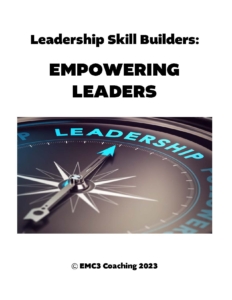 Every congregation wants leaders that bring their gifts and graces to the Kingdom work of making a difference in the lives of disciples and the surrounding community. Likewise, every congregation has persons with the potential to support both individual and corporate growth that are serving well below capacity or are choosing not to serve. So, where is the disconnect?
Every congregation wants leaders that bring their gifts and graces to the Kingdom work of making a difference in the lives of disciples and the surrounding community. Likewise, every congregation has persons with the potential to support both individual and corporate growth that are serving well below capacity or are choosing not to serve. So, where is the disconnect?
Empowering leaders is more than getting the right people in the right seat on the right bus! It is about providing the right environment, the right support, and the right reason for getting involved.
 One of the foundational skills of effective leaders is the ability to facilitate a meeting. Whether working with a small group, a class, a ministry team, an event design team, or a governing board the ability to lead a focused a conversation, invite disparate viewpoints, discover the possibilities, determine the best options, and build a plan for taking action is critical for the success of your ministry.
One of the foundational skills of effective leaders is the ability to facilitate a meeting. Whether working with a small group, a class, a ministry team, an event design team, or a governing board the ability to lead a focused a conversation, invite disparate viewpoints, discover the possibilities, determine the best options, and build a plan for taking action is critical for the success of your ministry.
Planning and Development

So, you’ve got a great goal with a specific, measurable way to move toward a desired missional outcome. Now what?
Goals are helpful but if they only go into the binder on the shelf you never get to where you want to go. The way forward is to construct a plan of action with clear steps for the process, benchmarks, identification of resources needed, and persons responsible for each step in the process.
Missional Outcomes are great but lack the clarity about what exactly we are going to accomplish and why and by when. Without that our hopes and dreams never really get launched.
That’s where goals become a helpful tool. We encourage both persons and congregations to set clear goals as a starting point for getting where you want to be. So what makes a strong goal statement?
It seems to be a universal issue for clergy, staff, and our busy unpaid staff (volunteers). We simply don’t have enough time to get it all done, and important things begin to fall through the cracks.
This Leadership Skill Builder unit is focused on providing some very practical suggestions to manage your time more effectively and make sure the important stuff gets done.
Want to learn more or have a conversation with one of our team?
Click edit button to change this text.
Click edit button to change this text.
Click edit button to change this text.


